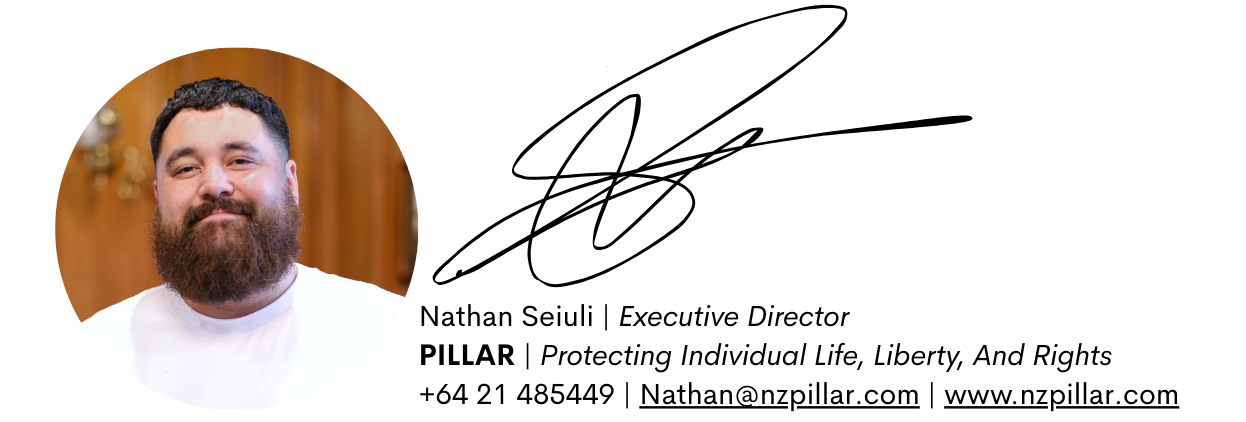Selective Condemnation, Hypocrisy, and a Ban on Free Speech?
We live in an age where words and debate have replaced the battlegrounds of old. For most of human history, stones, spears, and fists were how we settled our disputes. The shift to speech marked the dawn of civilisation, the moment reason triumphed over rage.
The recent headlines about “condemning this” and “utterly rebuking that,” along with ACT MP Simon Court’s move to restrict the use of the word genocide, got me thinking: have we lost sight of what has made our civilisation so prosperous, peaceful, and free, especially in the West?
Words matter. They shape thought, law, and culture. The meanings of words should be debated, clarified, and defended. But how do we live together when some words now hold two, sometimes completely opposing, definitions?
Words like genocide, Nazi, and racist have become common currency in public life. Once, they carried weight. They pointed to real, tangible horrors or genuine injustices. Today, they are just labels used to shame, silence, or threaten those who disagree with you.
Like the boy who cried wolf, many people, including those in leadership, have lost credibility because they have stopped using words to clarify and started using them to inflame and control. And in too many cases, they have been pushed into making and retracting statements on the basis of offence, voiding the value of their word indefinitely.
A popular pastime now is lobbying leaders, celebrities, and organisations to make public statements as a test of their moral worth. Silence is treated as complicity, and a delayed response as proof of guilt. It is a strange idea to hold someone hostage with words, in an attempt to elicit words, especially considering many of these statements drawn out by pressure rarely make a difference in reality.
But there is an emerging danger in selective and coerced condemnation. Virtue signalling, bowing to mob demands, and ultimately selective condemnation destroy credibility and make words feel worthless.
It is hard to take seriously those who chant “from the river to the sea” on Monday, then scold another for saying “call off the dogs” on Tuesday. Or those who insist “words are violence” in one breath, then refuse to condemn actual violence in the next.
This inconsistency is not harmless. It shows a lack of principle. It reveals that for many, moral conviction has been replaced by moral theatre, a desire to posture rather than to pursue truth.
Once language becomes twisted and outrage becomes selective, heroes quickly become hypocrites. Principles give way to power.
So what is the answer? Do we ban certain words and erase them from conversation, or do we challenge their misuse and fight to restore meaning?
It has to be the latter. The health of a free society depends on our willingness to debate, not dictate, the definitions we live by.
Banning or restricting words, as ACT MP Simon Court has suggested, does not remove oxygen from an inflamed debate; it throws gasoline on it.
Yes, some people are hard to reason with. Some ideas are ugly. And the constant use of certain words is outright annoying. But that does not mean they have any less right to speak. Freedom of speech means exactly that: the right to speak freely, even when you are wrong.
We must defend the marketplace of ideas and the freedom that sustains it. We should punish actions and offences, not thoughts or words.
Upholding a free and democratic society is heavy work. It takes courage, patience, and consistency. But the weight of censorship, the rod of suppression, is far heavier.
If we abandon principle for a brief reprieve from the droning chants and heckles, we might win a few moments of peace and quiet, but we will lose what has made us the most prosperous, peaceful, and free civilisation in the first place: freedom





